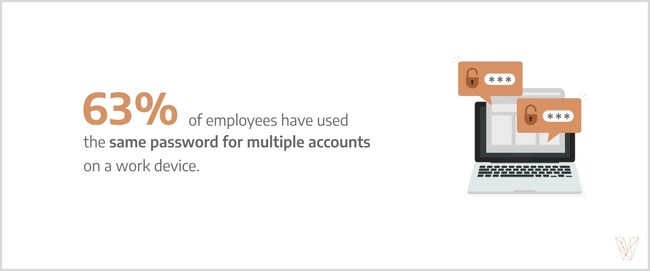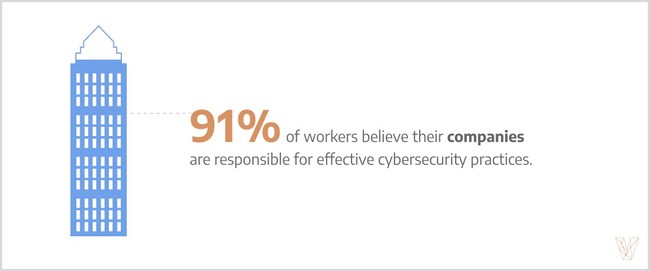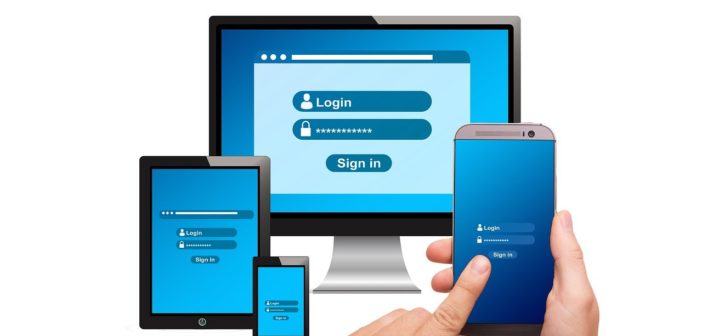63% of full-time U.S. employees have recycled passwords on work accounts and devices, according to a new survey report from Visual Objects, a visual guide to finding and hiring the best creative firms.
The data shows Millennial workers are 6.5 times more likely to always reuse work passwords than Baby Boomers, who demonstrate safer password practices.


Brad Bussie, vice president of Entisys360’s Advyz Cyber Risk Services, feels Millennials’ comfort with technology encourages poor password behavior.
“Millennials tend to trust that large services have their best interests in mind and that security is built-in,” Bussie said. “They are the first generation that had easy access to global information.”
Workers enjoy the convenience of duplicate passwords. Cybersecurity experts recommend companies integrate a two-factor authentication system or a password manager. Neither requires employees to recall complex strings of characters, and both better protect data.
Most Employees Comfortable Using Work Devices for Personal Activities
Currently, 63% of employees aren’t concerned about storing personal information on work devices.
More than one-fourth of Baby Boomers (27%) are very comfortable with keeping personal information on work devices, despite associated cyber risks. However, only 17% of Millennials felt this way.
Using work devices for personal activities can make work data more vulnerable. Some experts feel Baby Boomers may not understand the importance of separating work and personal data.
However, senior associate at data breach claims company Hayes Connor Christine Sabino, thinks Millennials are better suited to separate their web activity across multiple devices.
“[Millennials] have more technological devices, like a personal laptop, tablet, mobile phone, and games console,” Sabino said. “They are less likely to require the use of their work laptop for these [personal]activities.”
Employees Think Companies Hold Primary Responsibility for Cybersecurity
The majority of workers (91%) believe companies are at least slightly responsible for cybersecurity.
Experts agree companies are responsible for determining security protocols, but employees are in charge of execution.
Olga Gutenko is a business development manager for security at Vaimo and feels employees share much of the responsibility for cybersecurity.
“Even in this remote work period, employers need to develop a security-focused culture that has buy-in from all employees, [where]employees share the responsibility for security,” Gutenko said.
Visual Objects surveyed 500 full-time U.S. employees to learn about how employees affect cybersecurity at their companies.
Full report: https://visualobjects.com/app-development/cybersecurity-topics-cyber-defense
Related News:
Deloitte Survey: New Data Reveals AI is Enhancing R&D
Security Champions Programs Can Improve Relationship Between Security and DevOps Teams, Says Survey
Image licensed by Pixabay.com

